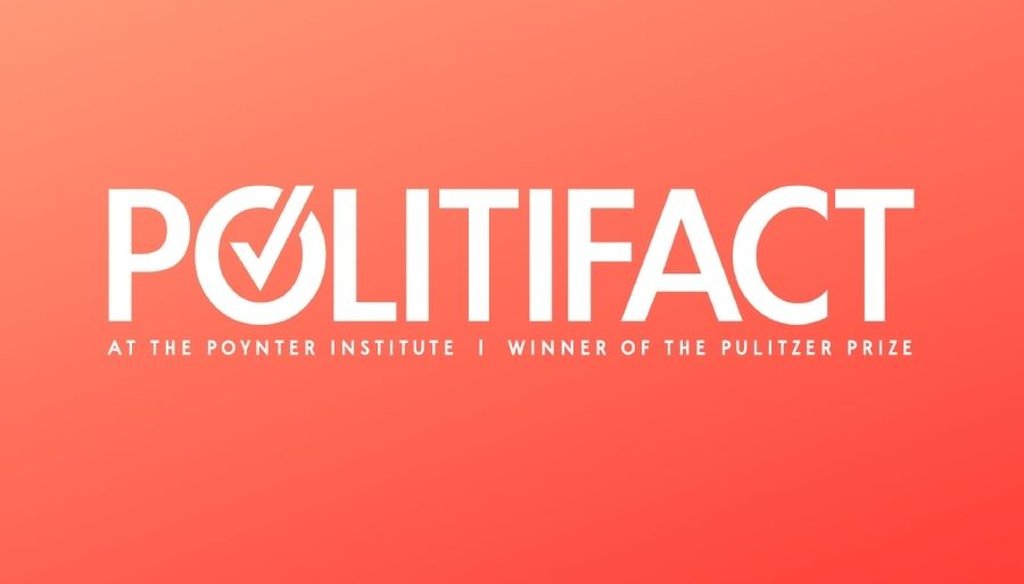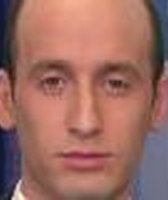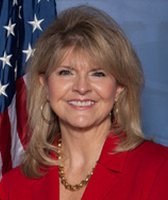Stand up for the facts!
Our only agenda is to publish the truth so you can be an informed participant in democracy.
We need your help.
I would like to contribute

Voting issues are center stage in Florida.
Recent attempts by Florida’s Republican leaders to eliminate election fraud have generated legal action and lots of disapproval from Democrats, voter-rights activists and the U.S. Department of Justice.
At issue: sweeping 2011 reforms to the elections code -- including a provision that requires third-party registration groups to turn in completed forms within 48 hours -- and Gov. Rick Scott’s effort to remove non-U.S. citizens from Florida’s voter rolls.
There’s been a lot of chatter on these issues from both sides of the debate, providing PolitiFact Florida researchers with plenty of writing material.
How many third-party registration groups are registering voters?
As a judge considered the legality of the voting law, Republican Party of Florida chairman Lenny Curry sought to defend the changes, including the limitations on groups registering people to vote.
In an Orlando Sentinel opinion-editorial, he wrote, "More than 250 groups, ranging across the entire political spectrum, have filed with the state and are registering voters right now."
We looked at data from the Florida Department of State and found 293 groups are registered to recruit voters. That doesn’t mean they’re all doing it, though. Less than half have signed up one or more voters.
Further, 90 percent of submitted applications came from six groups.
While Curry’s statement is partially accurate, it’s also misleading. We rated it Half True. Read more of our story here.
The 2000 voter purge of felons
Democratic U.S. Sen. Bill Nelson, "concerned" by the state’s noncitizen voter hunt, implored Gov. Scott to recall the state’s infamous attempt to purge felons from the rolls ahead of the 2000 election.
"In the 2000 Florida election, at least 1,100 eligible voters were wrongly dropped from voting rolls in an attempt to purge a list of felons," Nelson wrote. "Many of those who were dropped showed up to vote and were told they could not. And in a presidential election decided by 537 votes, that erroneous purge may have been a factor."
We checked the clips and found Nelson correctly referenced a 2001 analysis by the Palm Beach Post. Other reports put the number of wrongly targeted voters much, much higher, but no one knows for certain just how many voters were errantly dropped from the rolls.
We rated Nelson’s statement True.
Is the purge like a poll tax?
Another Democrat, Rep. Alcee Hastings, called the purge a "backdoor poll tax" because voters were required to mail in their proof of citizenship, which requires a 45-cent stamp.
We spoke to 14 different elections experts, who differed on whether Hastings comparison was correct.
In the end, we took both sides into account and rated Hastings Half True.
Our Sources
See individual items.




































